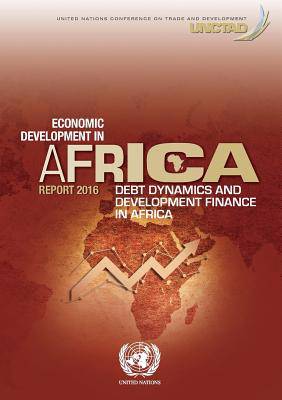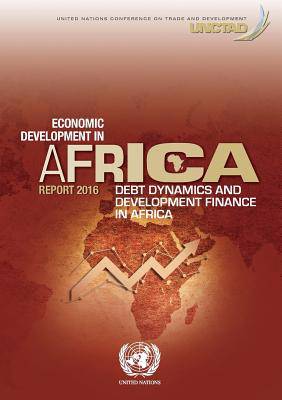
- Afhalen na 1 uur in een winkel met voorraad
- Gratis thuislevering in België vanaf € 30
- Ruim aanbod met 7 miljoen producten
- Afhalen na 1 uur in een winkel met voorraad
- Gratis thuislevering in België vanaf € 30
- Ruim aanbod met 7 miljoen producten
Zoeken
Economic Development in Africa Report 2016
Debt Dynamics and Development Finance in Africa
United Nations Conference on Trade and Development
Paperback | Engels
€ 48,45
+ 96 punten
Omschrijving
Africa has major development aspirations in the broader context of a global and continental economic development agenda. This calls for substantial financial resources at a time when the global development finance landscape is changing, from a model centred on official development assistance and the coverage of remaining financing needs through external debt, to a framework with greater emphasis on the mobilization of domestic resources. The Economic Development in Africa Report 2016 examines some of the key policy issues that underlie Africa's domestic and external debt, and provides policy guidance on the delicate balance required between financing development alternatives and overall debt sustainability. This report analyses Africa's international debt exposure and how domestic debt is increasingly playing a role in some African countries as a development finance option, and also examines complementary financing options and how they relate to debt.
Specificaties
Betrokkenen
- Auteur(s):
- Uitgeverij:
Inhoud
- Aantal bladzijden:
- 164
- Taal:
- Engels
Eigenschappen
- Productcode (EAN):
- 9789211129007
- Verschijningsdatum:
- 22/07/2016
- Uitvoering:
- Paperback
- Formaat:
- Trade paperback (VS)
- Afmetingen:
- 148 mm x 210 mm
- Gewicht:
- 204 g

Alleen bij Standaard Boekhandel
+ 96 punten op je klantenkaart van Standaard Boekhandel
Beoordelingen
We publiceren alleen reviews die voldoen aan de voorwaarden voor reviews. Bekijk onze voorwaarden voor reviews.











